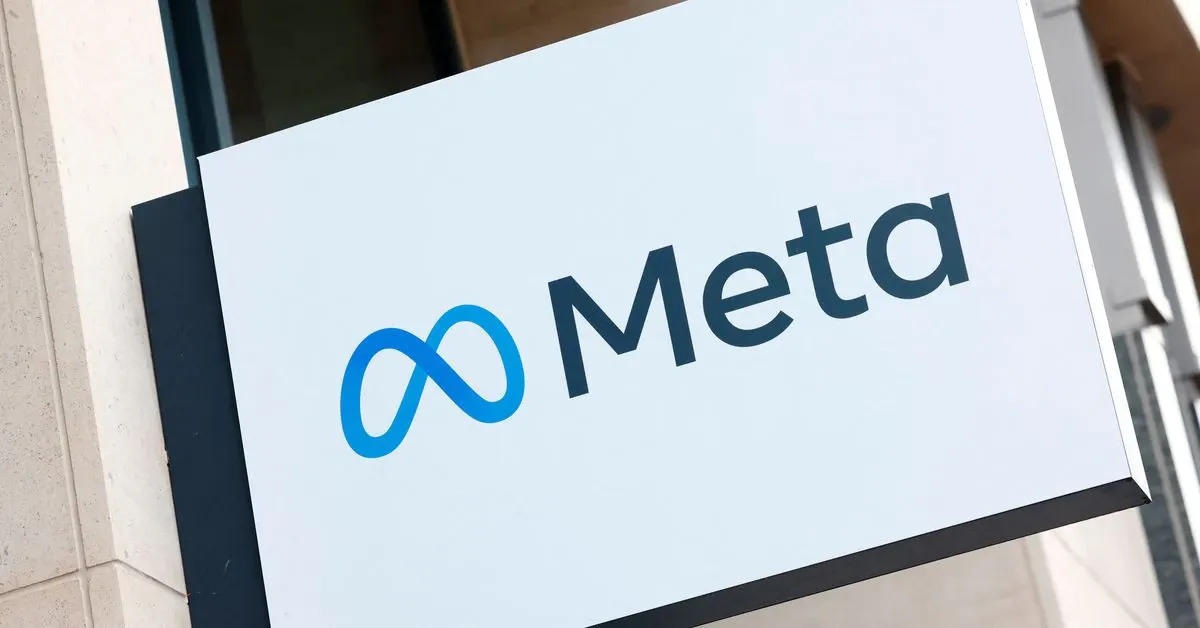Meta to Settle Cambridge Analytica Case for $725M
Facebook's parent company Meta Platforms Inc. has agreed to a $725M settlement in a class-action lawsuit accusing the social media platform of allowing third parties, such as Cambridge Analytica, to access users' personal information.

Facts
- Facebook's parent company Meta Platforms Inc. has agreed to a $725M settlement in a class-action lawsuit accusing the social media platform of allowing third parties, such as Cambridge Analytica, to access users' personal information.
- The law firm representing the plaintiffs stated the settlement was the largest recovery ever achieved in a data privacy class action and the most Facebook has ever paid in a class action resolution. Judges overseeing the case in the Northern District of California are still required to approve the settlement.
- The plaintiff's estimate is that the class size — the total number of people affected — is around 250-280M, representing all Facebook users in the US between May 24, 2007, and Dec. 22, 2022.
- Beginning in 2018 the lawsuit revealed that Facebook had allowed Cambridge Analytica, a British political consulting firm, to access the data of as many as 87M users. The now out-of-business company worked for former Pres. Trump during the 2016 US presidential election.
- Cambridge Analytica gathered personal information through an external app in 2015, with users taking a personality quiz that pulled data from their own profiles as well as their Facebook friends. Facebook was fined $5B in 2019 by the Federal Trade Commission over the scandal.
- This comes after Meta CEO Mark Zuckerberg was previously called before Congress and questioned by lawmakers over the same issue. As the share of the settlement going to individual Facebook users will depend on the validity of each individual claim, plaintiffs' attorneys said 25% — around $181M — will go toward covering legal fees.
Sources: Reuters, CNBC, Politico, FOX News, and Business Insider.
Narratives
- Establishment-critical narrative, as provided by Forbes. Data privacy issues are at the root of Big Tech's monopoly mess. With weak data privacy laws, companies are primarily concerned with aggregating as much data as possible — the world's most valuable asset — and we must regain the right to protect our data, untangling the powerful system of Terms of Services and Privacy Policies that have given Big Tech near-unlimited power.
- Pro-establishment narrative, as provided by InsideSources. It's important to not deprive technology companies of a vital innovation tool. As demands for better data privacy laws grow, we must consider that access to data can be a powerful source of competition and innovation that blanket laws could disrupt. Recommended algorithms based on data also suit the consumer and their tastes. While people prize their data's privacy, we should ponder what the internet would be without such access.






